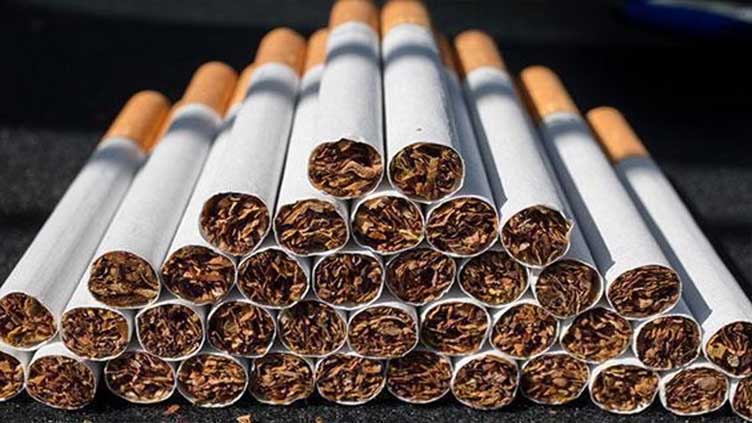SPDC, WHO propose 37pc tobacco tax increase to save lives

Say Pakistan can save 265,000 lives and generate Rs37.7bn revenue
ISLAMABAD (Web Desk) – The Social Policy Development Centre (SPDC) has proposed 37 percent increase in Federal Excise Duty (FED) on tobacco products to reinforce the gains already achieved and to advance further in enhancing public health outcomes and revenue collection.
“Pakistan can save as many as 265,000 lives, generate an additional revenue of Rs37.7 billion and push 757,000 people to quit smoking through increasing the FED by 37 percent,” said the SPDC policy paper named "Recovering Healthcare Costs and Saving Lives" that aligns recommendation of World Health Organization (WHO) and Campaign for Tobbaco Free Kids (CTFK).
The proposal comes as the government prepares to outline its budgetary agenda, in a bid prioritise public health and economic prosperity through targeted tobacco tax reforms.
Pakistan has two-tiered system of FED on cigarettes. The country made significant strides and increased the FED on cigarettes in 2022-23 with substantial increase in FED. The current FED share in retail prices is 48 percent and 68 percent respectively for low and high tiers.
The SPDC says that if the rates (FED) are not increased and the trend is not maintained, it can negatively affect both the revenue and public health efforts.
Therefore, FED should be further adjusted in line with international standards to take the tax share of retail prices towards 70 percent.
The proposal seeks to take the FED share to 54 percent or Rs154 and 72.1 percent or Rs452 for economy and premium brands, respectively.
The proposal is backed by the gains of previous tax adjustments, which have demonstrated tangible reductions in smoking rates and significant financial gains for the government.
According to details, revenue collection from July 2023 to January 2024 has reached Rs122 billion and figure is expected to surpass Rs200 billion by year-end.
Beyond revenue generation, it helped in reducing smoking rates and potentially recouping 17.8pc of total healthcare costs associated with smoking-related illnesses in Pakistan.



